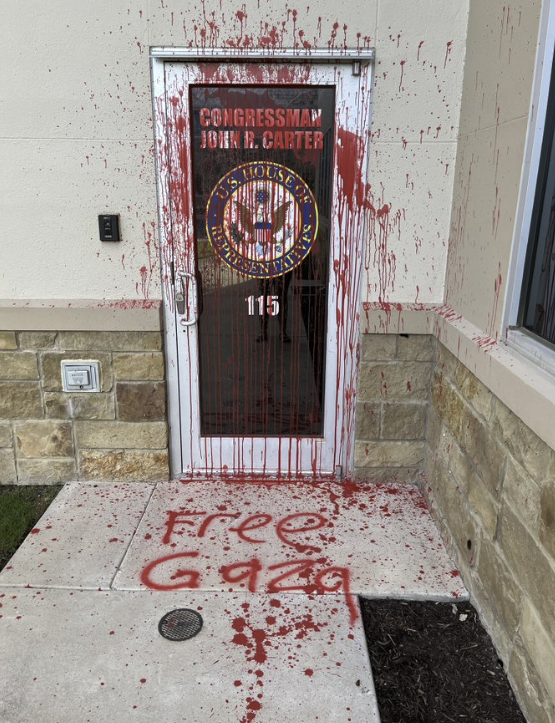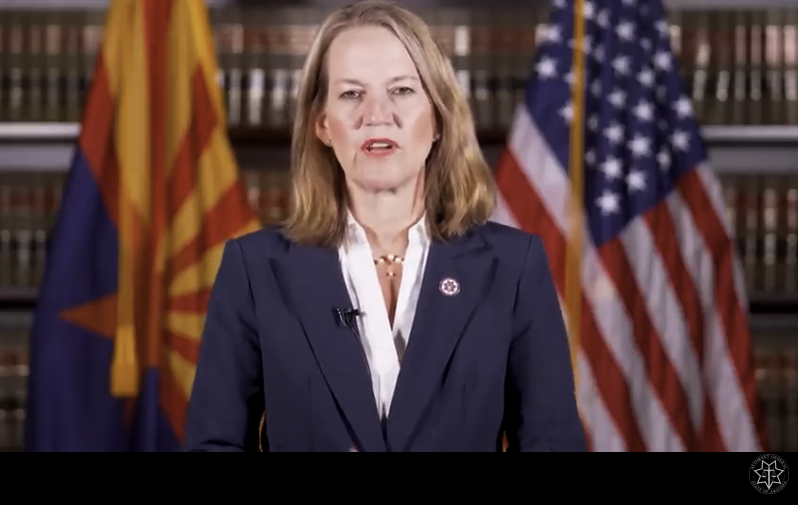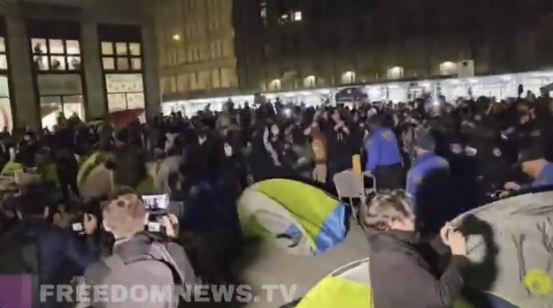The Army Research Laboratory is vigorously pursuing technical innovations aimed at “discovering” and engineering new antibodies able to attach to and destroy the coronavirus, thereby helping those severely impacted with an infection, service scientists told Warrior.
The ARL work, done in tandem with the University of Texas in Austin, draws upon several elaborate emerging techniques intended to identify potentially “neutralizing” antibodies able to help, or even save, patients who are critically ill with COVID-19.
While no officially “neutralizing” antibodies have been discovered yet, there are a number of possibilities with potential promise; the work has inspired the eye and attention of senior Army leaders who oversee the services’ scientific research, including the Commander of Army Futures Command, Gen. John Murray.
The ongoing work, intended to lead to the eventual production of COVID-19 antibodies, “has “identified 18 potential therapeutic/neutralizing monoclonal antibodies,” Murray said in an interview with Warrior
Doctors and scientists draw blood from COVID-19-infected patients with the hope of “engineering” new antibody configurations able to destroy Coronavirus.
“We look to find sequences that are binding to COVID-19. Then we send them off to test their ability to neutralize. A neutralizing antibody keeps a pathogen from being able to proliferate. We assemble antibodies and select winners,” Dr. Jimmy Gollihar, synthetic biology research scientist, U.S. Army Capabilities Development Command, Army Research Laboratory-South, told Warrior in an interview about the process.
The goal, Gollihar explained, is to regenerate therapeutic antibodies and give doses to people who are critically ill to help them recover faster. The work is not intended to produce a long-term solution or cure but rather provide a “bridge to a vaccine,” he said.
The antibodies are extracted from what Gollihar described as antibody-producing “B-Cells” taken from the blood of infected patients.
Gollihar, who is also Chief Technology Officer of the Bioindustrial Manufacturing Innovation Institute, said that “antibody sequences are short-lived,” and do not provide permanent immunity. Antibodies have “varying degrees of half-life in a serum,” he added. “A serum is passed over a column with immobilized antigens from the virus. Antibodies were then fragmenting so we had a library of B-Cells and we could correlate which antibodies were binding.”
“In partnership with UT in Austin we’ve been working on methods to id sequences of heavy and light chains of antibodies that are specific to Covid-19. The people that we drew blood from were recently infected. They range from one to two weeks post-onset of symptoms. Once we drew their blood we separated their B-Cells,” Gollihar said.
As for the process, Murray further explained that the ARL submitted a proposal to the National Institute for Innovation in Manufacturing Biopharmaceutical – Manufacturing Innovation Institute.







Leave a Reply